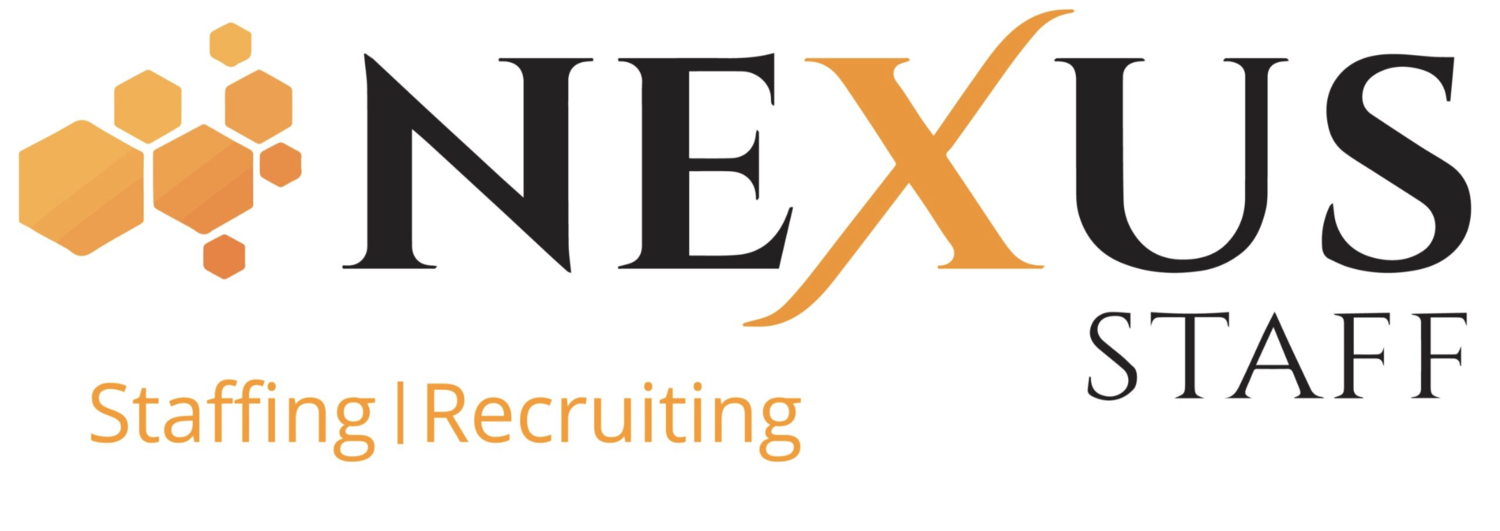Eight Tips For Completing An Interview Assignment
At some point in your job search, you may be asked to complete an interview assignment. Depending on the role you are applying to and your particular field, the assignment can be a written assignment, putting together a presentation, planning the logistics of an upcoming event, etc. Regardless of what exactly the project is, the purpose of this assignment is to show the organization you are interviewing with how your skills align with the responsibilities of the job in question. In other words, think of it as a sample of the work you will be doing if offered the position.
This means you will want to pay close attention to the assignment and ensure you are submitting your best work. In order to do so, keep these eight tips in mind:
Closely read directions and expectations
Before jumping into an interview assignment, be sure to look over the directions and read through any examples you were given. This will help you gain a thorough understanding of what is being asked of you and can help you begin to visualize the work you will do. Once you have successfully submitted your work, the interviewer or hiring manager reviewing your work will be able to see your ability to follow directions and stay on task.
Ask questions
Don’t be afraid to ask questions in order to better understand the interview assignment you are given. If you are unsure of any parts of the assignment, it is better to get clarification in order to complete the project to the best of your abilities. This will also show the interviewer or hiring manager that you are willing to ask for help when needed, rather than taking unnecessary risks.
Do your research
Don’t jump right into completing an interview assignment without proper research. This means before starting the work, you should have a thorough understanding of the type of work you are doing and the organization you are completing the assignment for. For example, throughout your research, take note of the organization’s typical tone of voice, branding styles, etc. in order to make your work feel like an authentic work assignment. This can show the person reviewing your work that you have taken the time to learn more about the company and that you are excited to give your potential new responsibilities a real try. As an added bonus, this research will be beneficial for future rounds of interviews or when you are offered a position!
Proofread or review your work
Before submitting your work, look it over again before sending it off. Depending on the project, this can have different meanings – proofreading a written assignment, recalculating any necessary data, making sure a slide deck is able to be presented, etc. If you’re still nervous of missing any small mistakes, have a trusted friend or colleague look over your work for you. This will help you catch any grammatical mistakes, mathematical errors, or other wrongdoings you may have overlooked. Submitting your assignment free of these mistakes will show your expertise on the subject and be a perfect example of your attention to detail.
Submit the assignment on time
If you’ve been given a deadline to submit your interview assignment, be sure to honor this deadline by turning in your work on time or even ahead of time. This will show the interviewer or hiring manager that you are organized and capable of properly managing your time.
Be prepared to speak about your work
In the event that you submit your assignment and are asked to meet for another round of interviews, be prepared to speak about the work that you did. Go over your assignment and practice walking your interviewer through your thought process, the decisions you made, and what you would have done differently if applicable. If possible, have copies of the assignment prepared for you and the interviewer(s) to look over. In the event that you are asked specific questions regarding your work, you will be able to have this as a reference.
Understand your rights to the work
While working diligently on your interview assignment, you may come to feel proud of your work and want to display it in your portfolio or use it as a future work sample. However, before doing so, it’s important that you have the rights to this work. Be sure to ask your interviewer, recruiter, or hiring manager to clarify this.
In addition, if you suspect the organization you are interviewing with is planning on using your work in any way, you’ll want to make sure it is not until you are hired or at least compensated for the assignment. Again, this would be a question to bring up to the interview, recruiter, or hiring manager that you have spoken to.
Be honest with yourself and the company
At every step in the hiring process, honesty is the best policy. When it comes to completing an interview assignment, this can have a couple of different meanings. First off, be honest about the actual work done. Never try to cheat this step of the hiring process by having someone else complete the assignment for you and never use an example you found online. Always ensure the work you are submitting is your own and that the quality of that work is what you will provide if offered a position.
Next, when it comes to being honest about an interview assignment, you need to be honest about whether or not you were able to successfully complete the assignment or if you even enjoyed the project. After all, the sample assignment you completed will be closely related to your responsibilities in that position. If you find that you struggled with the work or dread the thought of completing it again, perhaps this position is not for you after all. In this case, be truthful with the organization and let them know you would not like to continue on in the interview process. When you’re ready to find a position more suited to your abilities, contact Nexus or check out our list of available jobs here. Our experienced team of recruiters is here to help you every step of the way!











